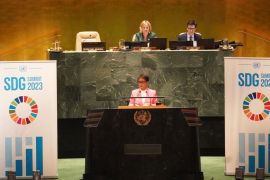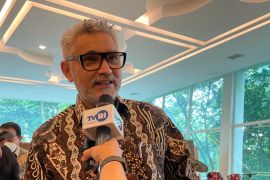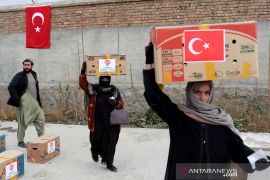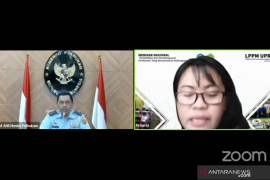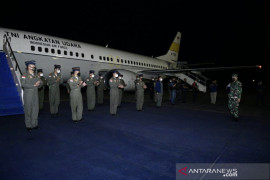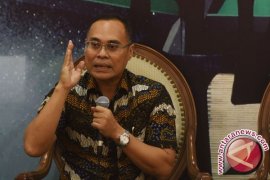In a thinly-veiled critique of White House policy, the elder statesman also said Washington had severely curtailed its ability to reach a settlement in Afghanistan due to unnecessarily telegraphing the departure of US troops.
"I have no objective in principle of negotiating with the Taliban," Kissinger told an audience at a panel discussion at the Woodrow Wilson International Center, a think-tank in Washington.
"But for the purpose of ending the war, it`s the wrong sequence of events.
The first negotiation in my view ought to be with surrounding countries," including Pakistan, India and Iran, nations seeking greater influence in Afghanistan as the United States orchestrates its exit.
"If there is a negotiation with the Taliban, it should be in the framework of a multilateral regional negotiation," Kissinger said.
With NATO combat troops due to leave Afghanistan in 2014, the need to find a settlement in the insurgency-plagued country has become ever more urgent.
Secretary of State Hillary Clinton earlier this month admitted that the United States had met the Haqqani network, a Taliban faction singled out as America`s most potent enemy in eastern Afghanistan.
Kissinger`s comments came one day before an international conference in Istanbul with the theme "security and cooperation in the heart of Asia." Twenty countries and organizations are expected to attend.
Clinton was due to participate but canceled her visit due to the death of her mother. US special envoy for Afghanistan and Pakistan Marc Grossman is expected to replace her at the event.
Kissinger insisted that US leverage would evaporate if it pulls its troops out ahead of a settlement.
"If you negotiate while your forces are withdrawing, you`re not in a great negotiating position," he said.
He also advocated leaving the bulk of the drawdown "to the end of the process, and not at the beginning," as it was crucial to "keep our capability of acting for as long as possible, because our principle adversaries` primary objective will be to get our forces out."
Kissinger, the top US diplomat from 1973 until 1977, recalled his extensive experience with Vietnam to draw parallels with the situation faced by US President Barack Obama in exiting Afghanistan.
"When I was negotiating, there was one haunting question that my adversary put before me at the beginning of the process, which was `What makes you believe you will be more successful with constantly declining forces than you
have been with the forces from which you are starting your withdrawal? There was no good answer," Kissinger said.
(Uu.G003/B002)
Editor: Priyambodo RH
Copyright © ANTARA 2011


